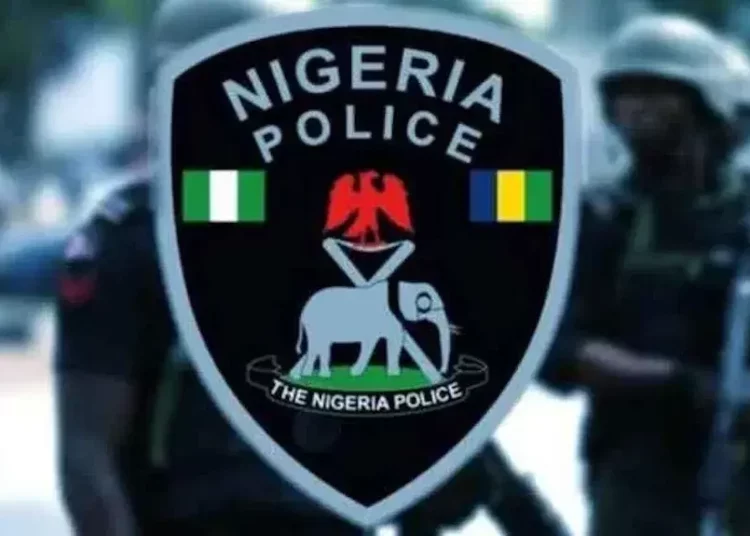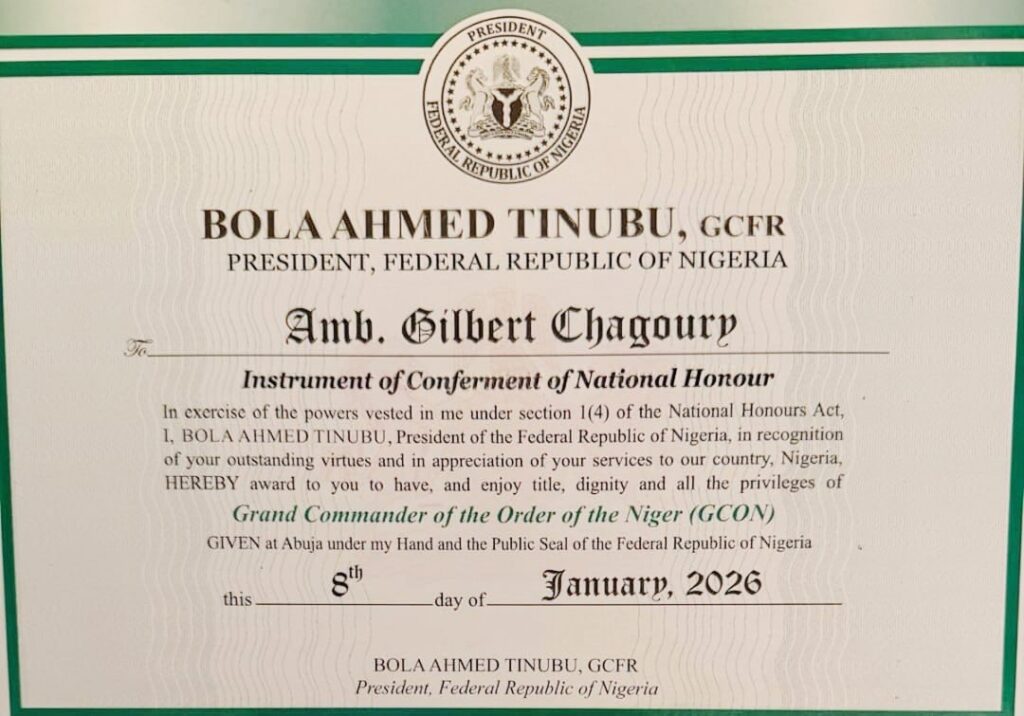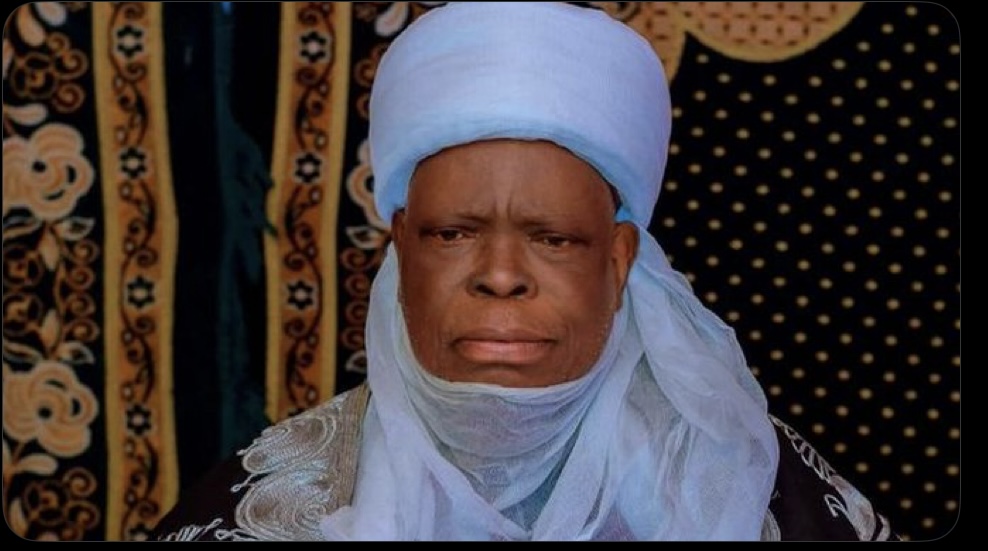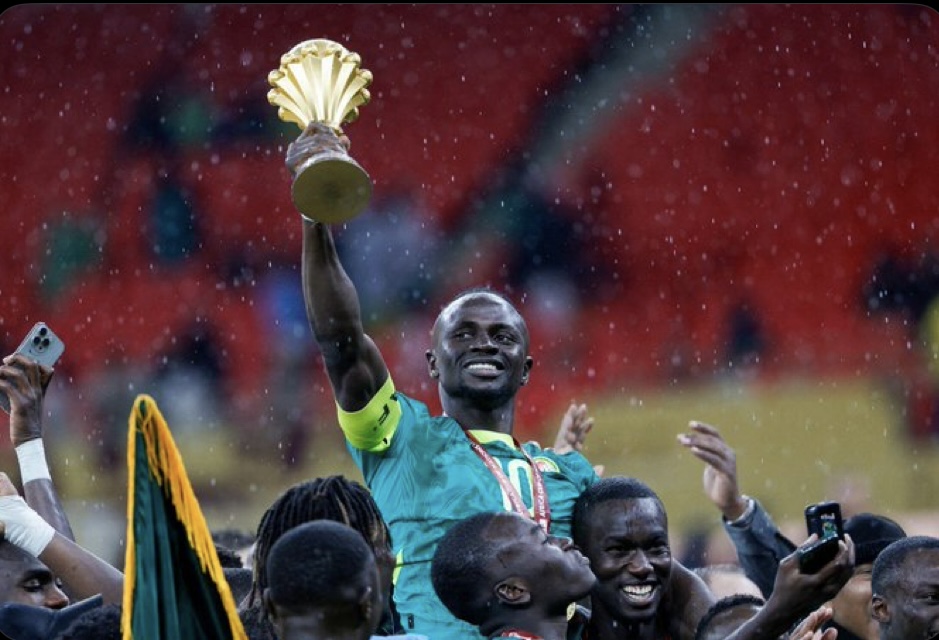Nigeria Backs Stronger Ties with Congo, Considers Support for UNESCO Bid
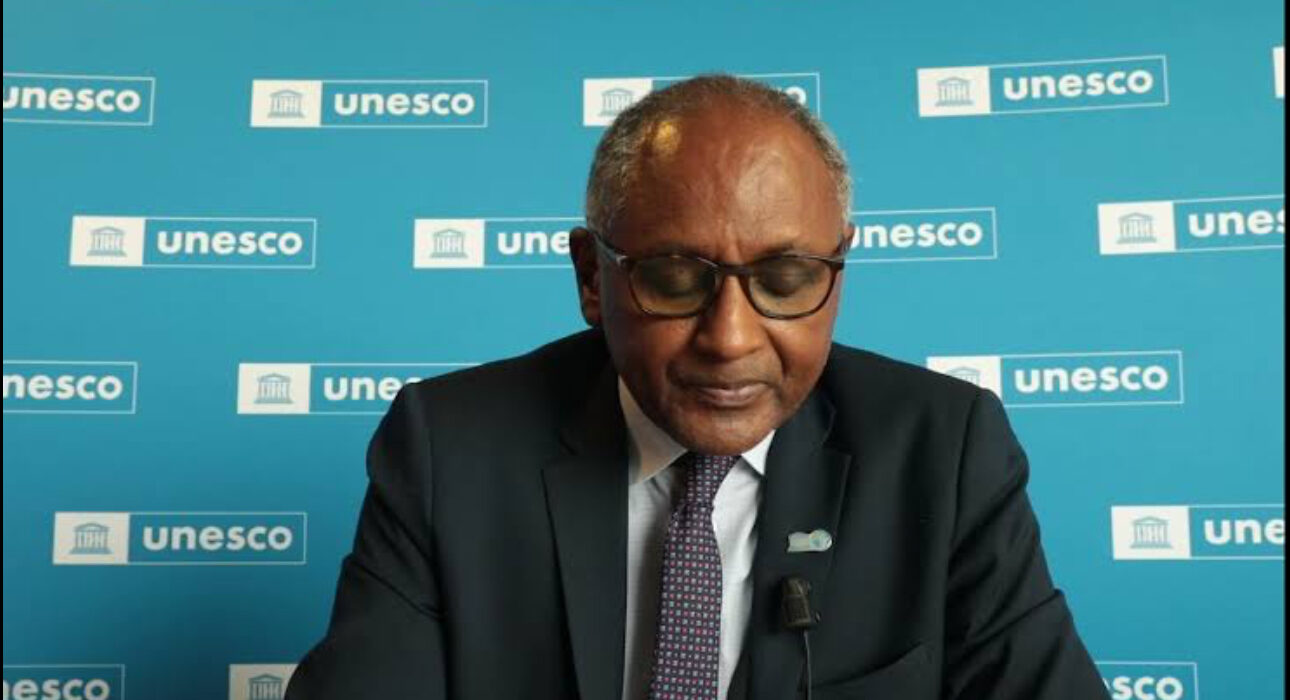
Nigeria has reaffirmed its commitment to deepening diplomatic ties with the Republic of Congo as Vice President Kashim Shettima hosted Congolese Prime Minister Anatole Collinet Makosso at the Presidential Villa in Abuja. During the high-level visit, Shettima praised President Denis Sassou-Nguesso for his leadership and peace-building efforts, describing him as one of Africa’s most stabilizing figures.
The meeting, which took place on August 1, saw the Congolese delegation formally present a request for Nigeria’s support for their candidate, Firmin Edouard Matoko, in the upcoming election for Director-General of the United Nations Educational, Scientific and Cultural Organization (UNESCO). Matoko, currently serving as UNESCO’s Assistant Director-General for Priority Africa and External Relations, is being positioned by Congo as a highly experienced diplomat with over 30 years of service within the UN agency.
In response, Vice President Shettima expressed admiration for Matoko’s credentials and assured the visiting Prime Minister that Nigeria would give the request serious consideration. He confirmed that the proposal would be conveyed to President Bola Tinubu for a final decision.
“We are very proud of your candidate’s credentials. Be rest assured that all the issues raised… will be conveyed to the President. I am hopeful that he is going to endorse your candidacy,” Shettima said.
He also used the occasion to reflect on the longstanding bonds between Nigeria and Congo, stressing that the relationship transcends political diplomacy and is rooted in shared African values. “What binds us together supersedes whatever divides us. Wherever we go, we are essentially one people,” he stated.
Prime Minister Makosso delivered a message from President Sassou-Nguesso, expressing Congo’s appreciation for Nigeria’s longstanding support, particularly in areas of education and humanitarian aid. He highlighted the Rochas Foundation’s role in educating Congolese orphans in Nigeria, some of whom have graduated from Nigerian institutions.
The meeting is seen as a renewed effort to strengthen West-Central African ties amid evolving geopolitical shifts on the continent. It also places Nigeria in a key position to influence leadership within global institutions, while reinforcing its image as a country committed to African solidarity, peace, and multilateral cooperation.
If Nigeria formally endorses Matoko, the move could significantly boost his candidacy and position the continent for greater representation at the helm of UNESCO. The elections are expected to draw widespread interest as global stakeholders look to shape the agency’s priorities in education, cultural preservation, and scientific advancement.
For now, the Vice President’s remarks signal Nigeria’s openness to Congo’s proposal and its broader intent to maintain strategic influence in continental and international affairs.


